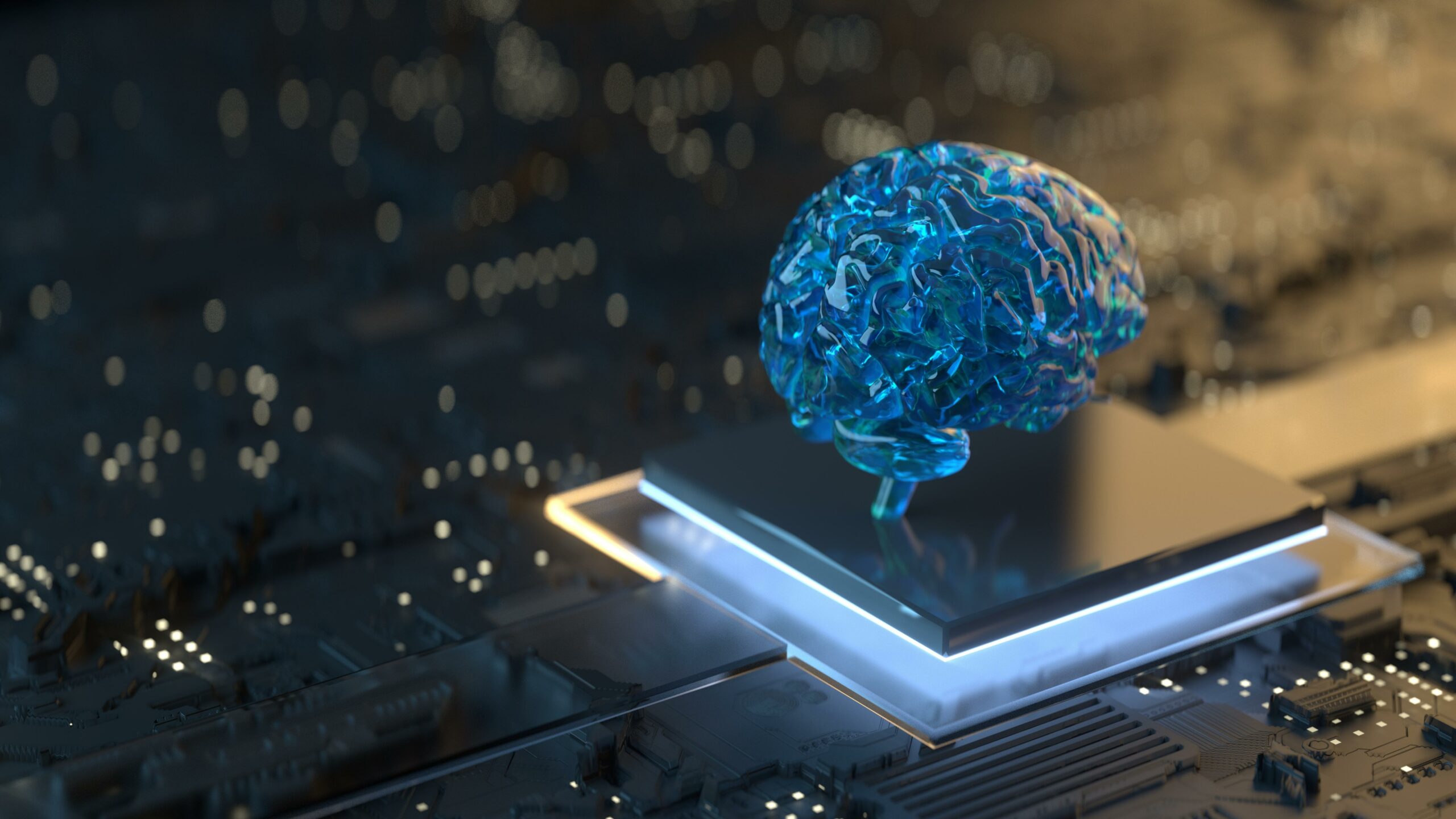ANN/THE STAR – Elon Musk’s brain technology firm, Neuralink, a prominent American company, has dedicated years to pioneering brain implant projects. They are now taking a monumental step by actively seeking the inaugural group of patient volunteers to put their ground-breaking technology to the test.
Individuals aged 18 and above, living in the United States, and grappling with severe physical disabilities are encouraged to step forward and register for this pioneering experiment.
As part of a Precise Robotically Implanted Brain-Computer Interface (Prime) study, Neuralink will be testing a new medical trial protocol involving its fully implantable, wireless brain-computer interface.
Its aim is to enable disabled people to control various devices by thought, such as controlling a computer cursor or keyboard. In the longer term, this technology could also help treat Parkinson’s disease or epilepsy.
These initial trials are aimed primarily at people who are quadriplegic as a result of a spinal cord injury, or who suffer from multiple sclerosis.
More generally, anyone residing in the United States who has reached the age of majority in their state and suffers from quadriplegia, paraplegia, vision loss, hearing loss, inability to speak or limb amputation are invited to take part in the programme and register on the patient registry recently put online by Neuralink.
Once in place, the “N1” implant will transmit brain signals to an application responsible for decoding them and transforming them into movement.
The company specifies that it will never sell the data collected, although it will of course be shared with its research partners.
Before testing its technology on humans, Neuralink has conducted tests with animals.
A video posted online in 2021, for example, showed a successful experiment involving a monkey who was able to play a small, basic video game.
However, it was only this year that Neuralink finally received the green light from the American health authorities to be able to test its brain implants in human trials.




















































